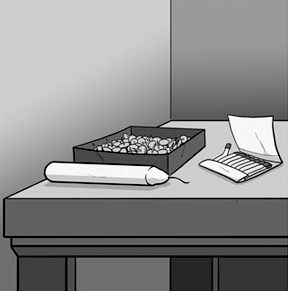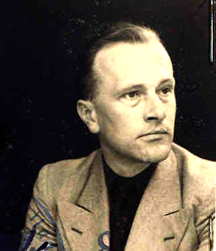What do we do when we are faced with a problem?
- As an athlete you have gone “0fer” for longer than you believe you should
- A Company ops out of a teaming arrangement shortly before the bid is do
Too often we let the wrong things affect how do we react?
Picture you are given a Candle, a Box of Tacks, a Book of Matches, then asked to fix a lit candle to the wall so that it will not drip wax onto the table below. What would you do?
Karl Duncker (member of Gestalt school of psychology) used the the Candle Problem to prove people fixate on their ‘same-o, same-o‘ idea of an object-as-concept, rather than the many possible uses of the object. It’s what I like to call, “Do it the same way you did it yesterday!” The only problem is with the outcome – “If you change nothing, nothing changes.” ~ Dr. Joyce Brothers
This ‘do it the same way‘ reared its ugly head more when the Candle Problem was given to a group of individuals, each offered a financial incentive to have the fastest time, while in parallel the problem was given to another group who was not offered an incentive. Individuals without an incentive solved the problem faster. Proving, adding an incentive (especially one that has nothing to do with solving the problem) when we are faced with a problem blocks out what we know and blinds our creativity in our attempt to resolve the issue. We end up focusing on the incentives versus the Problem at Hand.
We end up focusing on;
- what our failure is doing to our batting average (e.g., incentive) and what others are saying or thinking versus resolving why we are going “ofer.“
- the fact the company left at the most inopportune time, causing us to believe we have lost the bid (e.g., incentive) versus replacing the company with an equal or better one to ensure we submit a successful bid.
Until next blog,
Focus your efforts on UNDERSTANDING and FIXING the problem versus what happens to your Incentive if you FAIL.
Start thinking “outside the box?”
Al McCormick



